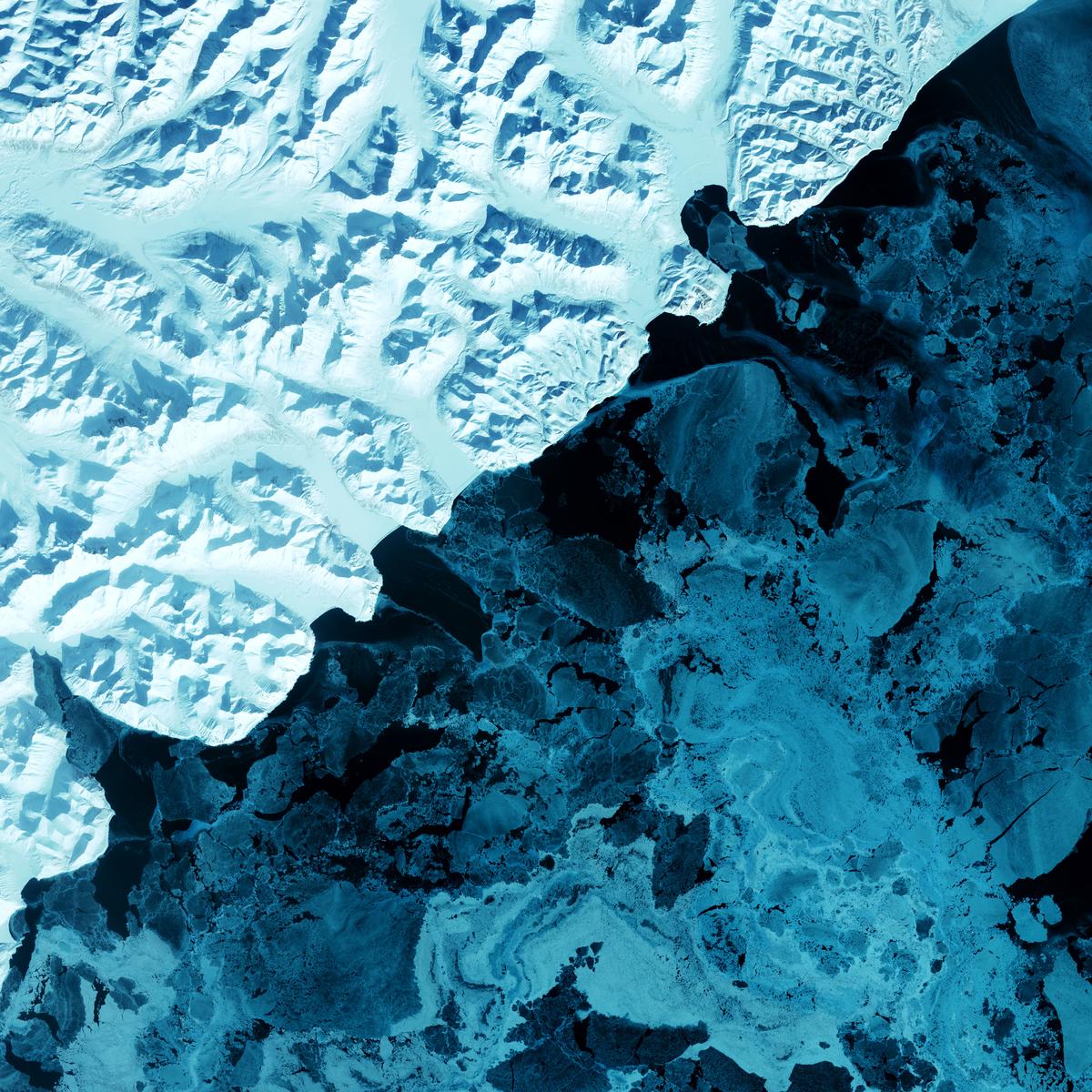The International Panel on Climate Change (IPCC) is responsible for assessing the impacts of climate change, looking at ecosystems, biodiversity, and human communities at global and regional levels. It also reviews vulnerabilities as well as the capacities and limits of the natural world and human societies to adapt to climate change1.
The publication of its report2 on Monday February 28th, takes place during the worsening military crisis in Europe. The visible impacts of this conflict are already reflected in soaring energy prices, altered transportation routes and supply chains, as well as a seriously threatened energy security.
The adoption of the report confirms that climate remains a key topic of discussion, even within the conflicted and highly competitive current diplomatic environment. It highlights that the climate crisis is not a distant and projected menace anymore but rather, that climate change has already impacted – here and now - societies and communities at large. This serves to illustrate both a sense of urgency and immediacy.
While we are on the brink of missing our window of opportunity to secure a sustainable and habitable earth for all, some of the environmental damage caused by human society is already ‘irreversible’, and in turn negatively impacting communities around the world. This may well spark a vicious cycle as the interlinks and interdependence between the human and natural worlds are made increasingly tangible.
Key points
- The level of climate threats being assessed: droughts, floods, wildfires, desertification, and loss of biodiversity are increasing trends.
- Climate change is a stress multiplicator in many sectors: food and agriculture, freshwater access, migration, regional peace, and security.
- Currently, 3.3 to 3.6 billion people live in areas highly vulnerable to the impacts of climate change (nearly half the global population).
- The most vulnerable regions already facing direct impacts include West-, Central- and East Africa, South Asia, Central, and South America, Small Island Developing States, and the Arctic.
- Current societal impacts of the climate crisis across marginalized communities include: the destruction of settlements and homes, compromised functioning of key infrastructures such as sanitation and energy systems, as well as mass mortality and harmful impacts on physical and mental health.
- These regions will also be worst hit as they face mid- to long-term risks should warming levels surpass 1.5°C.
- Developed nations will also be at risk with increased droughts, wildfires, ill health, premature deaths, and displacement (i.e. coastal settlements, cities, and infrastructures).
- The deep division between rich and poor countries impacts their ability to fight climate change.
- Environmental degradation is mainly caused by developed countries, but consequences are suffered by developing ones.
- Lack of financial resources in poorer countries prevents the implementation of adaptation measures to fight/mitigate the impacts of the climate crisis.
- This creates a vicious cycle, because environmental hazards in poorer countries exert increased financial pressure to repair and rebuild damages incurred, thereby further constraining economic growth.
- There also exists deep disparities within countries themselves as low-income, gender, and ethnicity often negatively affect and further marginalize certain communities, rendering them more vulnerable than their compatriots to the adverse effects of climate change.
Next Steps
The climate change crisis will remain a key priority in the post-pandemic world. Health, security, and economic prosperity issues are central to the climate change discussion which generates new business opportunities in key economic sectors and around ensuring a just transition. During post-Glasgow climate negotiations, there will be multiple additional occasions to present the showcases of best practices in energy, transport, fashion, food, and buildings sustainability.
The IPCC remains among the most trusted bodies in the field of climate change, as it continues to be a key scientific and political institution working within the UN framework. Its global participation also ensures that its work is implementable. Climate negotiators represent national interests, but the global nature of the discussions provides a rare safe zone where national interests often take a backseat – an essential factor to maintain dialogue.
Moving forward, the report will form the basis for discussions during COP27 in Egypt, while the 2030 level of climate ambition will be assessed during a global stocktaking in 2023. With climate adaptation measures still largely uneven across regions, including large underlying gaps between actual tangible actions and highly set ambitions, this might generate the need for additional funding.
Any company seeking to participate in the upcoming November 2022 Climate Talks should take the report into consideration and assess its opportunities and challenges as it will form the basis for future discussions. The particular timeliness of the IPCC's publication is based on the dynamic geopolitical situation in the CEE Region, which is impacting global energy prices, altering transportation routes and supply chains, and seriously threatening European energy security.
By Dariusz Dybka, Director, and Kelly Piron, Senior Analyst, Edelman Global Advisory, Brussels
If you are interested in how the IPCC Report may affect your organization, then get in touch, and subscribe to our mailing list to receive updates from Edelman straight into your inbox. Don't worry, we don't spam ;)
Sources:
-
IPCC Report available here;
-
IPCC Report Presentation available here;
-
IPCC Discussion 7 March 2022 available here




